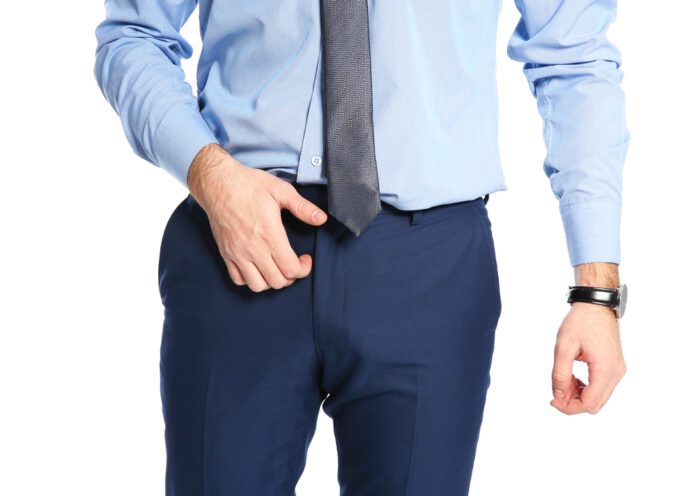Overview Of Jock Itch
Jock Itch is an infection of the groin area caused by a fungus. The medical term is tinea cruris or ringworm of the groin.
Commonly Associated With
Fungal infection – groin; Infection – fungal – groin; Ringworm – groin; Tinea cruris; Tinea of the groin
Causes Of Jock Itch
This condition occurs when a type of fungus grows and spreads in the groin area.
Jock itch occurs mostly in adult men and teenage boys. Some people who have this infection also have athlete’s foot or another kind of ringworm. The fungus that causes jock itch thrives in warm, moist areas.
The condition can be triggered by friction from clothes and prolonged moistness in the groin area, such as from sweating. A fungal infection of the feet can spread to the groin area by pulling up pants if the waistband gets contaminated with fungus from the feet.
It can also be passed from one person to another by direct skin-to-skin contact or contact with unwashed clothing.
Symptoms Of Jock Itch
The fungus usually stays around the creases of the upper thigh and does not involve the scrotum or penis. It may spread to near the anus, causing anal itching and discomfort.
Symptoms include:
- Red, raised, scaly patches that may blister and ooze. The patches often have sharply defined edges with scale at the edges.
- Abnormally dark or light skin. Sometimes, these changes are permanent.
Exams & Tests
Your health care provider can usually diagnose jock itch based on how your skin looks.
Tests are usually not necessary. If tests are needed, they may include:
- A simple office test called a KOH exam to check for fungus
- Skin culture
- A skin biopsy may also be performed with a special stain called PAS to identify fungus and yeast
Treatment Of Jock Itch
This condition usually responds to self-care within a couple of weeks:
- Keep the skin clean and dry in the groin area.
- Do not wear clothing that rubs and irritates the area. Wear loose-fitting underwear.
- Wash athletic supporters frequently.
- Over-the-counter antifungal or drying powders can help control the infection. These contain medicine, such as miconazole, clotrimazole, terbinafine, or tolnaftate.
You may need treatment by a provider if your infection lasts longer than 2 weeks, is severe, or frequently returns. The provider may prescribe:
- Stronger topical (applied to the skin) antifungal medicines or oral antifungal medicines
- Antibiotics may be needed to treat bacterial infections that occur from scratching the area
- If you tend to get jock itch, continue to apply antifungal or drying powders after bathing, even when you do not have jock itch.
Jock itch is more common in overweight people with deep, moist skin folds. Losing weight may help prevent the condition from coming back.



